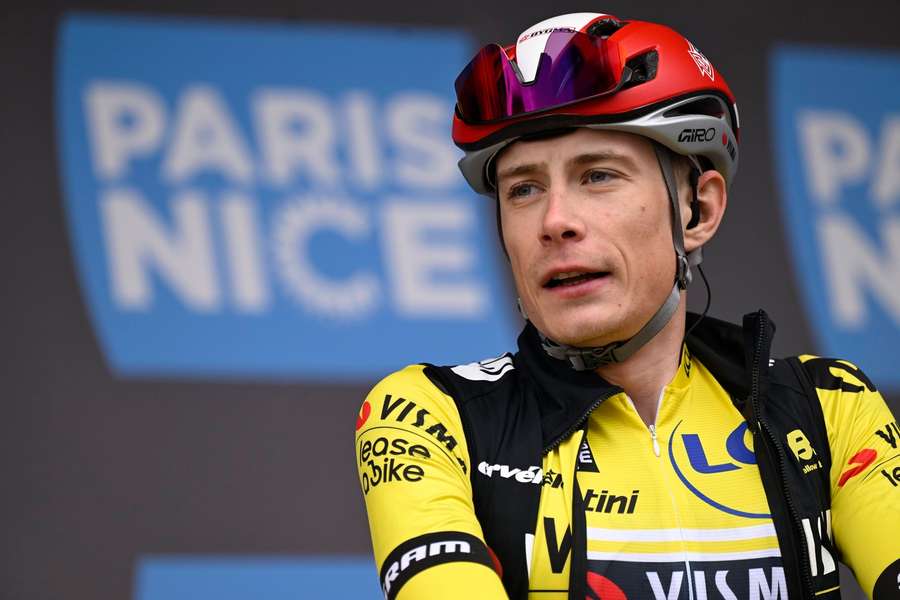Jonas Vingegaard’s Concussion at Paris-Nice: A Wake-Up Call for Pro Cycling

Jonas Vingegaard and the Paris-Nice Crash: What Happened?
Jonas Vingegaard, the Danish cyclist and two-time Tour de France champion, recently put the spotlight on cycling’s concussion protocols after a significant crash during the Paris-Nice race. Many fans and experts are now questioning how such a high-profile athlete could have continued racing without proper medical checks. In this article, we explore the incident, its aftermath, and why Vingegaard’s concerns should matter to everyone in the sport.
The Crash That Sparked Controversy
During the fifth stage of the 2024 Paris-Nice, Jonas Vingegaard crashed with around 84 kilometers to go. He sustained visible injuries, notably a cut on his upper lip and facial bleeding. Astonishingly, despite these clear signs of trauma, he was not checked for a concussion at the time. According to Vingegaard, even though he contacted the race doctor due to blood on his face, he was allowed to finish the stage without a formal examination for head injuries. Later, it turned out he had suffered a concussion, which forced him to withdraw from the following races. For more context and direct quotes from Vingegaard regarding the failed concussion check, you can read Cyclingnews’ detailed coverage here.
The Call for Stronger Concussion Protocols
Vingegaard’s experience has raised important questions about current concussion management in professional cycling. He expressed bewilderment over not being tested after such a visible injury. In a press interview, he suggested that anyone showing signs of trauma above the shoulders should automatically undergo a concussion assessment before being allowed to continue. His insistence on this point highlights a gap in medical procedures that could have significant consequences for rider health and safety. Flashscore.com summarizes Vingegaard’s remarks and their aftermath, including how he was forced to skip the Tour of Catalonia and change his season calendar due to the injury.
Recovery and the Road Ahead
Recovery from a concussion is often a slow, unpredictable process. Jonas Vingegaard described being so fatigued that he could only remain awake for short periods in the days following his crash. His early attempt to return to training backfired, causing further dizziness and exhaustion.
Missing critical races like the Tour of Catalonia presented a major setback to his competitive season. Nevertheless, he is focusing on the Critérium du Dauphiné as a springboard to regain form ahead of the Tour de France. This detour in his season underscores the serious, lingering impact of concussion injuries—even for elite athletes at the top of their game.
Why This Matters for the Future of Cycling
Vingegaard’s situation serves as a wake-up call for all of professional cycling. As the risks of untreated concussions become clearer, governing bodies and race organizers need to update and enforce protocols that prioritize safety. Failing to address these issues could lead to longer-term health problems, not just for stars like Jonas Vingegaard but for everyone in the peloton.
If you want further insights into how the crash has affected his racing plans and his stance on rider safety, check FOX Sports’ summary on his call for better protocols.
Conclusion: A Lesson for All Athletes
Jonas Vingegaard’s Paris-Nice ordeal is more than just a setback for one rider. It’s a reminder that vigilance and up-to-date medical practices are essential at every level of professional sport. As cycling evolves, so too must its safety standards. Fans will be watching closely as Vingegaard continues his road to recovery—and as the cycling world responds to his call for change.